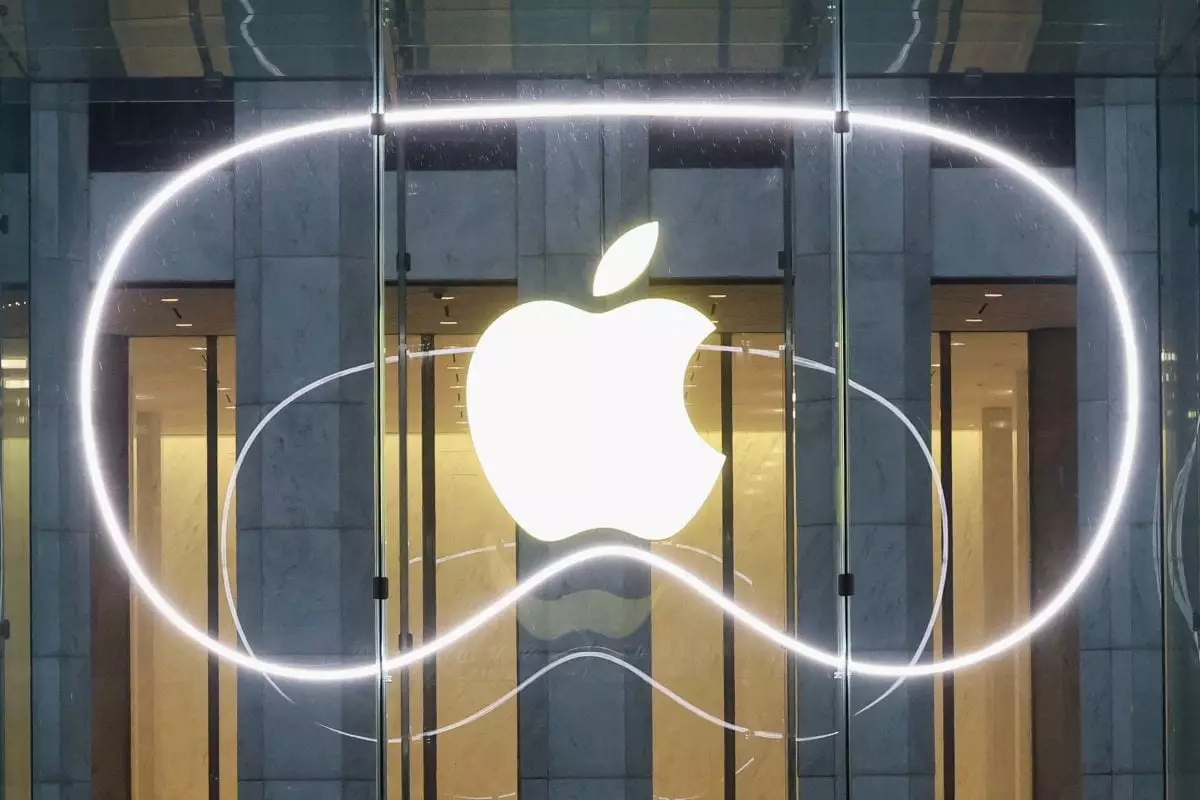In recent weeks, Apple has found itself embroiled in a controversy that raises significant questions about employee rights and corporate governance. The National Labor Relations Board (NLRB) has issued multiple complaints accusing the tech giant of infringing upon its workers’ rights to engage in collective advocacy for improved working conditions. Such allegations are not only critical for those directly involved but also serve as a litmus test for how corporations enact and fortify their policies regarding employee freedoms in the digital age.
The complaints lodged by the NLRB take on an unsettling tone for what is often viewed as a progressive employer. Accusations include claims that Apple unlawfully restricted employees from using workplace communication platforms like Slack for expressing their grievances and advocacy. The complaint details instances in which an employee was allegedly fired for voicing concerns over working conditions and another worker was reportedly coerced into removing a social media post. These actions, if proven true, indicate not just an infringement of rights but also a perceived atmosphere of surveillance that could stifle legitimate communication among employees.
Compounding these issues, the NLRB had previously charged Apple with imposing broad and restrictive policies regarding nondisclosure and noncompete agreements, as well as general misconduct in various facets of workplace communications. Taken together, these accusations paint a troubling picture of a corporate environment potentially hostile to free employee expression.
In defense, Apple maintains that it is committed to fostering “a positive and inclusive workplace.” The company contends that the restrictions placed on social media and workplace communication are designed merely to protect both the company’s interests and the integrity of workplace discussions. Apple has promised to contest the claims and present its case at an upcoming hearing scheduled for February, should negotiations with the NLRB not yield a settlement.
However, such statements may ring hollow to employees who feel they’re facing repercussions for speaking out. A strong workplace culture relies not only on corporate rhetoric regarding inclusivity but also on the tangible implementation of policies that genuinely encourage open dialogue. As some labor advocates argue, corporate denials may often serve to depersonalize the issue, focusing on legal battles rather than addressing the real human experience of employees who feel restricted and oppressed.
The unfolding situation at Apple is particularly significant within the context of a growing national dialogue surrounding workers’ rights. The use of digital communication tools for workplace advocacy has surged, particularly during the COVID-19 pandemic. For many employees, platforms like Slack have become vital tools not just for collaboration but for organizing and voicing dissent. The alleged restrictions placed on these platforms could set a troubling precedent for other companies navigating similar challenges.
Moreover, the allegations could have a ripple effect across the technology industry—a sector often perceived as a beacon of innovation, where employees are generally encouraged to voice their ideas and concerns. By scrutinizing Apple’s policies, other companies may be compelled to evaluate their own approaches to employee engagement and rights.
As the NLRB prepares to move forward with its case, the ramifications for Apple could be substantial. If found in violation of labor laws, Apple may be mandated to amend its policies and take corrective measures. This could serve as a wakeup call for all employers about the importance of safeguarding employee rights.
Furthermore, with the increasing power of social media and online communication platforms, employees may become more emboldened to raise their voices on issues of workplace fairness and inclusivity. The outcome of the NLRB’s proceedings against Apple could therefore symbolize a critical juncture in the struggle for labor rights in the modern corporate landscape.
The situation at Apple serves as a crucial reminder of the need for transparency and fairness in corporate governance. As employees navigate an increasingly complex digital landscape, the right to speak out without fear of retaliation remains paramount. How Apple responds to the challenges presented by the NLRB will likely influence not only its organizational culture but also the larger conversation surrounding workers’ rights in American workplaces.

